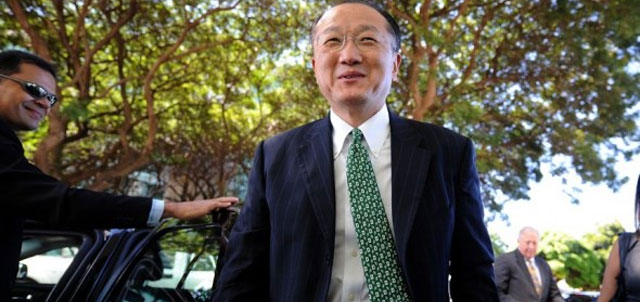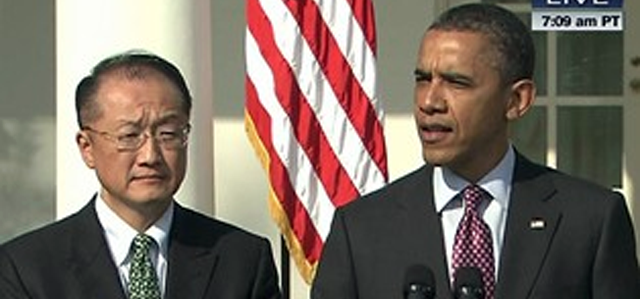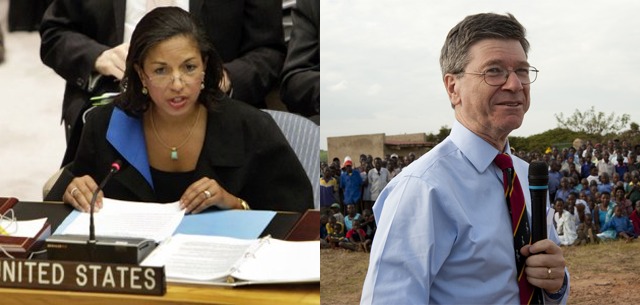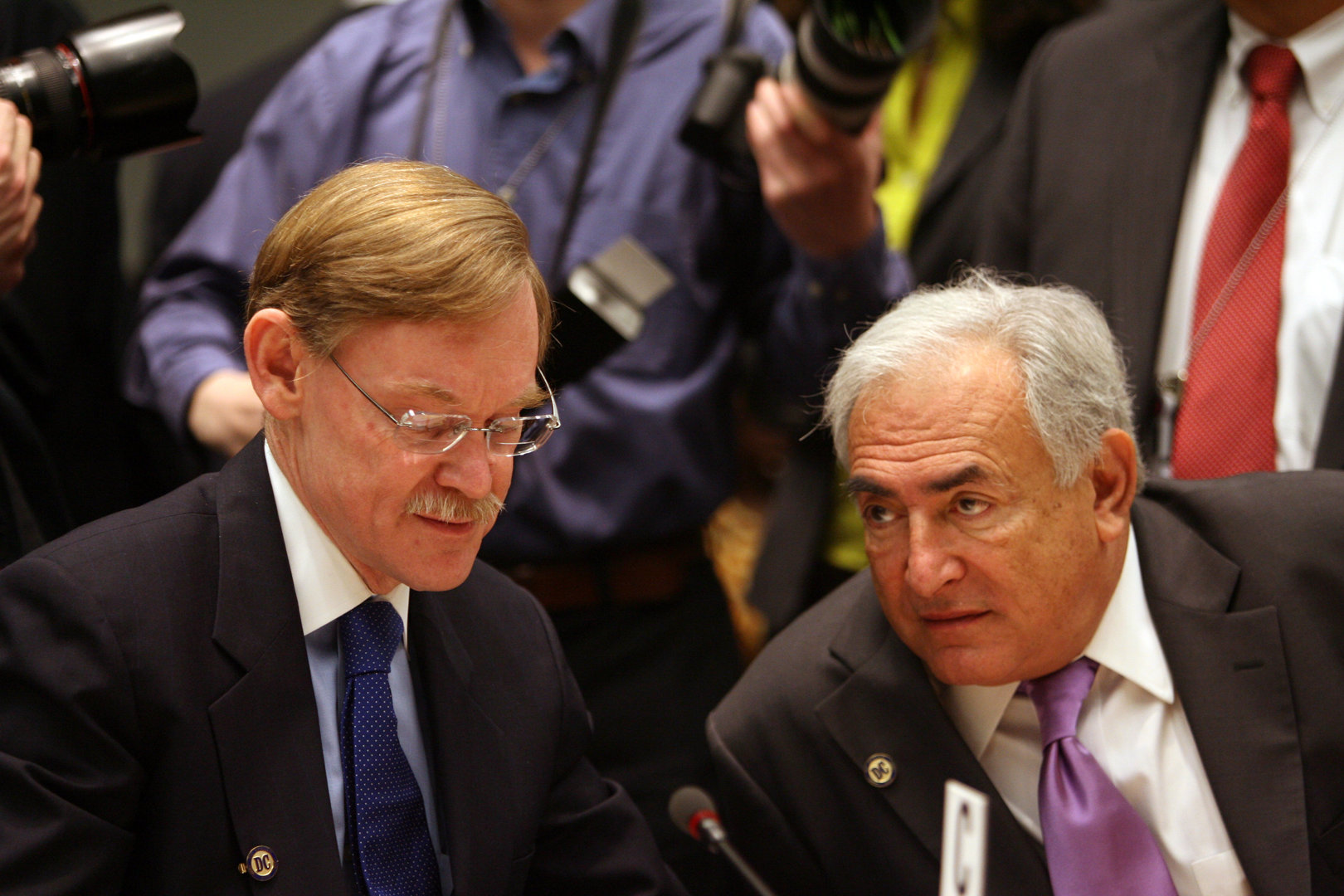During a news conference ahead of the last week’s World Bank-International Monetary Fund annual meeting, Phil Thorton with Emerging Markets asked Bank President Robert Zoellick for his view on whether a national from an emerging economy would ever run one of the Bretton Woods institutions.
Zoellick, whose current term ends next summer, highlighted the number of senior officials from emerging economies working under him at the Bank, but dodged the underlying question of whether the U.S. should retain the top Bank post. He underscored his career efforts in promoting U.S. engagement in multilateral institutions and his own access to members of the U.S. Congress.
“I have spent some 30 years of my professional life trying to encourage the United States to play a larger role in multilateral institutions – they may be the World Bank and the IMF, they may be the WTO, they may be NATO,” he said.
“I think it is a good thing for the United States in some of these institutions to have leadership roles because … even in the midst of these annual meetings, I have been working with Congress to try to build the financial support, and it helps to be able to communicate the perspective of a multilateral institution,” he said. “So, again, I think this is actually a good sign.”
A bit idealistic, Thorton suggests that Zoellick dropped hints of what it would take for the U.S. to allow another national to head up the Bank. More likely, he was simply offering a weak excuse for why the U.S. shouldn’t be criticized for its continued monopoly.
In a remark that will raise the idea of a global deal, Zoellick added: “It may or may not be the World Bank, but there are politics involved with a lot of these choices, and you haven’t seen a US head of the UN or WTO or IMF and others, so I just think it is important the US stay engaged in multilateral institutions as well.”
Zoellick will need to decide whether to pursue a renewed term early next year. Given the U.S. electoral calendar, this may become a domestic issue, but that is not a certainty. Zoellick was appointed under President George Bush, but so was Secretary General Ban Ki-moon. Obama’s easiest choice while campaigning for a second term himself would be to avoid making this an issue and simply keep Zoellick at the Bank. If he decides otherwise, however, he will almost certainly nominate another American to the post.
Update: Lex Reiffel with the Brooking Institution examines President Obama’s options.
“Now Obama is in a lose-lose-lose position. He might use the reappointment of Zoellick as a bargaining chip with the Republicans in Congress, but it would cost him support in the Democratic Party. He could nominate a Democrat with political experience comparable to Zoellick’s, but he would pay some price from Republicans whose support he needs in Congress. He would probably be viciously attacked by partisans in both parties, if he opts for an open selection process that culminates in the appointment of the first non-American president of the World Bank—even though this outcome is arguably in the long-term interest of the United States.”
Reiffel suggests the unlikely option of extending Zoellick’s term for only one year. This option gained no traction when suggested for Lagarde at the IMF, and certainly won’t for the Zoellick at the Bank. Acknowledging it as “politically unfeasible,” Reiffel nonetheless imagines the “best outcome” to be
“..Americans on both sides of the political spectrum…see[ing] the benefits that could be gained by having Barack Obama take the bold step of throwing open the position of World Bank president to candidates of all nationalities. He could then nominate an outstanding American—a Republican even—who might be more widely supported than the non-Americans who may be nominated.”
More realistically, he offers a second best outcome being a repeat of the IMF selection – that an open process is employed, but emerging economies fail to unite behind a single candidate and the American nominee prevails handily.




